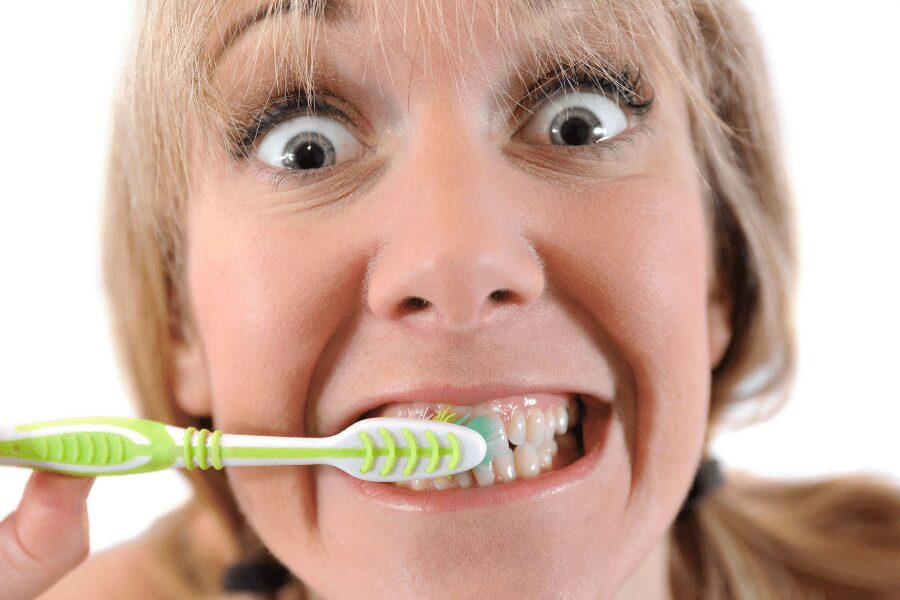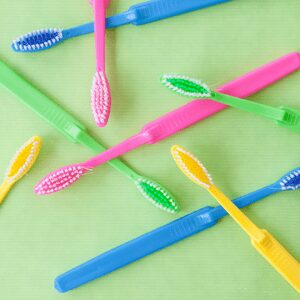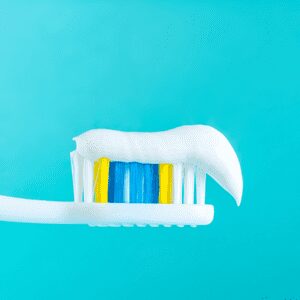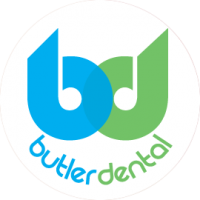
Brushing your teeth properly is an important part of caring for your body. Everyone knows how important it is to brush your teeth but some parts of brushing are a bit tricky for people to master. This can result in you not wanting to brush your teeth, or just not doing it well enough.
We have some really simple tips for you to help you make sure you brush your teeth well. If you ever want more information or want tips specific for you, contact us or book an appointment with one of our helpful dentists.
tips for brushing your teeth properly
- SET ASIDE 2-3 MINUTES
Make sure you have at least 2-3 minutes to brush your teeth. If you brush for less than 2 minutes it’s likely you won’t be doing it properly and will miss spots.
- SET ASIDE 2-3 MINUTES
- WORK WITH SECTIONS
Divide your mouth into 4 sections – Top left, top right, bottom left, bottom right. Pick a section and brush the teeth in that section before you move on to the next. You
will spend around 30 seconds on each section of your mouth.
- WORK WITH SECTIONS
- USE A CIRCULAR MOTION
Moving the brush around in a circular motion on your teeth and gums will help move plaque and debris away from your gums, in between your teeth and in the grooves of your teeth. It will also help prevent damage to your gums and enamel from using a repetitive sawing motion.
- USE A CIRCULAR MOTION
- HARD TO REACH PLACES
People often find it hardest to brush the backs of their bottom teeth. Plaque can build up and hide behind these teeth so it is really important to get in there and not neglect this area. To help you brush these areas you can hold your toothbrush vertically, with your mouth open wide. Use the same circular motion and gently brush the backs of all the teeth in the section you’re working on. Reaching these areas is also easier with smaller toothbrushes.
- HARD TO REACH PLACES
- DON’T FORGET YOUR TONGUE
Brushing your tongue might sound and feel strange, but it’s important in the management of bad breath and bacteria. Brushing your tongue with either your toothbrush (or the tongue cleaning tool on your toothbrush if you have one) will help reduce the build up of bacteria on your tongue.
- DON’T FORGET YOUR TONGUE
- RINSE OUT YOUR MOUTH
A quick rinse of your mouth helps to finish the job and remove excess fluoride sitting in your mouth. Rinsing too thoroughly can remove much of the fluoride you have just added to protect your teeth so don’t over do your rinse. Rinsing with mouthwash can assist with masking bad breath and reduce bacteria, however mouthwash containing alcohol can in fact dry out your mouth and lead to more cavities in your teeth. If you want advice on this or on what we recommend you should use, please speak to our dentists in Butler Dental.
tooth brushing tool tips
As with our post on Flossing Like a Boss, the tools you use when brushing your teeth are super important. There are two basic components to teeth brushing and they are your brush and your toothpaste.

The brush
Despite what many people think, a hard bristled toothbrush does not actually mean it will clean your teeth better. Softer bristled brushes can do a fantastic job and also reduce the risk of damaging your enamel from brushing too hard. Electric toothbrushes don't necessarily do a better job but can be really helpful for people with dexterity issues. Some electric toothbrushes also have built in timers which are great if you struggle to brush your teeth for the recommended amount of time.

The toothpaste
Using a fluoride based toothpaste is recommended for adults as it helps reduce the risk of tooth decay. Children under the age of six should be given low fluoride toothpaste.
You should only use a pea sized amount of toothpaste when you brush. Using too much toothpaste can make you spit sooner and not complete your brushing. Using too much toothpaste can also lead to fluorosis.
Summing up
When you master your tooth brushing technique it will feel easier and become a regular part of your routine. Learning how to brush your teeth properly by using the right techniques and tools is an important part of your oral health care, but it is not the only thing you need to do to care for your mouth. Flossing, visiting your dentist and maintaining a healthy diet are also really important in maintaining a happy and healthy mouth.
We’re here to help you care for your teeth and gums so if you’d like to book an appointment to discuss your oral care we would be more than happy to help.
